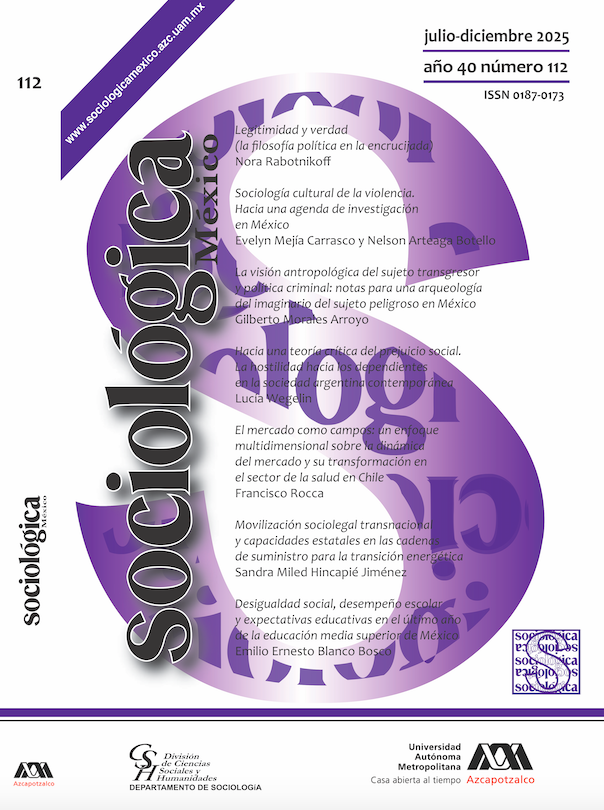On the microfoundations of macrosociology
Abstract
Detailed microsociological studies of everyday life activity raise the challenge of making macrosociological concepts fully empirical by translating them into aggregates of micro-events. Micro-evidence and theoretical critiques indicate that human cognitive capacity is limited. Hence actors facing complex contingencies rely largely upon tacit assumptions and routine. The routines of physical property and organizational authority are upheld by actors' tacit monitoring of social coalitions. Individuals continuously negotiate such coalitions in chains of interaction rituals in which conversations creates symbols of group membership. Every encounter is a market place in which individuals tacitly match conversational and emotional resources acquired from previous encounters. Individuals are motivated to move toward those ritual encounters in whichtheir microresources pay the greatest emotional returns until they reach personal equilibrium points at which their emotional returns stabilize or decline. Large-scale changes in social structure are produced by aggregate changes in the three types of microresources: increases in generalized culture due to new communication media or specialized culture-producing activities; new "technologies" of emotional production; and new particularized cultures (individual reputations) due to dramatic, usually conflictual, events. A method of macrosampling the distribution of microresources is proposed.
Downloads
Published
Issue
Section
License
Copyright (c) 2025 César Ángeles García, Sofia Mendoza Contreras, Juan Javier Ortega HernándezLos autores/as que publiquen en esta revista aceptan las siguientes condiciones:
- Los autores/as conservan los derechos de autor y ceden a la revista el derecho de la primera publicación, con el trabajo registrado con la licencia de atribución de Creative Commons, que permite a terceros utilizar lo publicado siempre que mencionen la autoría del trabajo y a la primera publicación en esta revista.
- Los autores/as pueden realizar otros acuerdos contractuales independientes y adicionales para la distribución no exclusiva de la versión del artículo publicado en esta revista (p. ej., incluirlo en un repositorio institucional o publicarlo en un libro) siempre que indiquen claramente que el trabajo se publicó por primera vez en esta revista.
- Los derechos patrimoniales de la obra son transferidos de manera total y sin limitación alguna a la Universidad Autónoma Metropolitana, por el tiempo que establezca la Ley Nacional e Internacional y sin prejuicio de respeto a los derechos de autoría moral.



